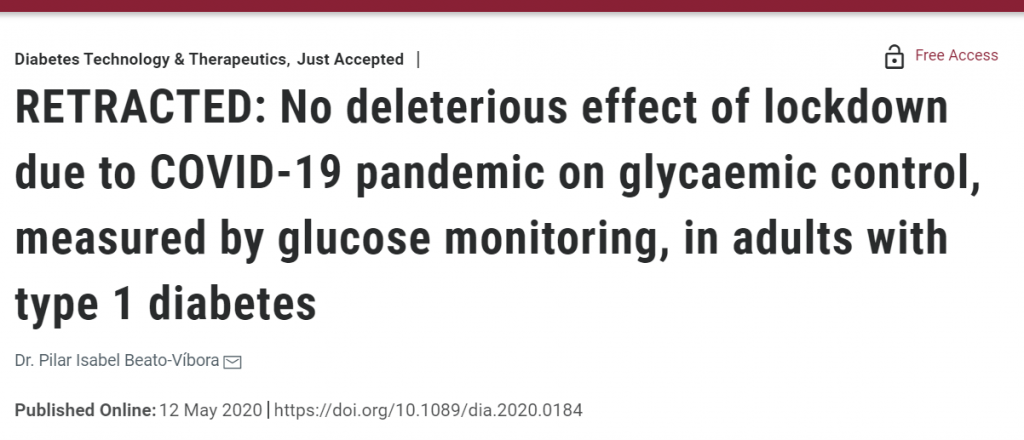Seven years after investigations uncovered “serious noncompliance” in the collection of biological samples at a California VA hospital, the original whistleblowers say several papers related to the work use these problematic samples and should be retracted. But the principal investigator of the work says there’s no reason to question the findings.
The VA San Diego Health Care System was one of 12 institutions involved in the InTeam Consortium, a research initiative between 2013 and 2019 focused on alcohol-related liver inflammation. In 2016, two whistleblowers — Mario Chojkier and Martina Buck — alleged staff at the VA hadn’t obtained proper consent to perform biopsies on critically ill patients and use the samples for research related to the project.
Subsequent investigations — including one by VA San Diego’s institutional review board — have confirmed violations of policies, primarily related to a lack of informed consent. Ramon Bataller, the principal investigator of the InTeam Consortium, told local media outlet inewsource in 2019 the samples collected at the VA would be “banished” from any academic papers.
Continue reading Seven years after ‘noncompliance’ finding, whistleblowers push for retractions






